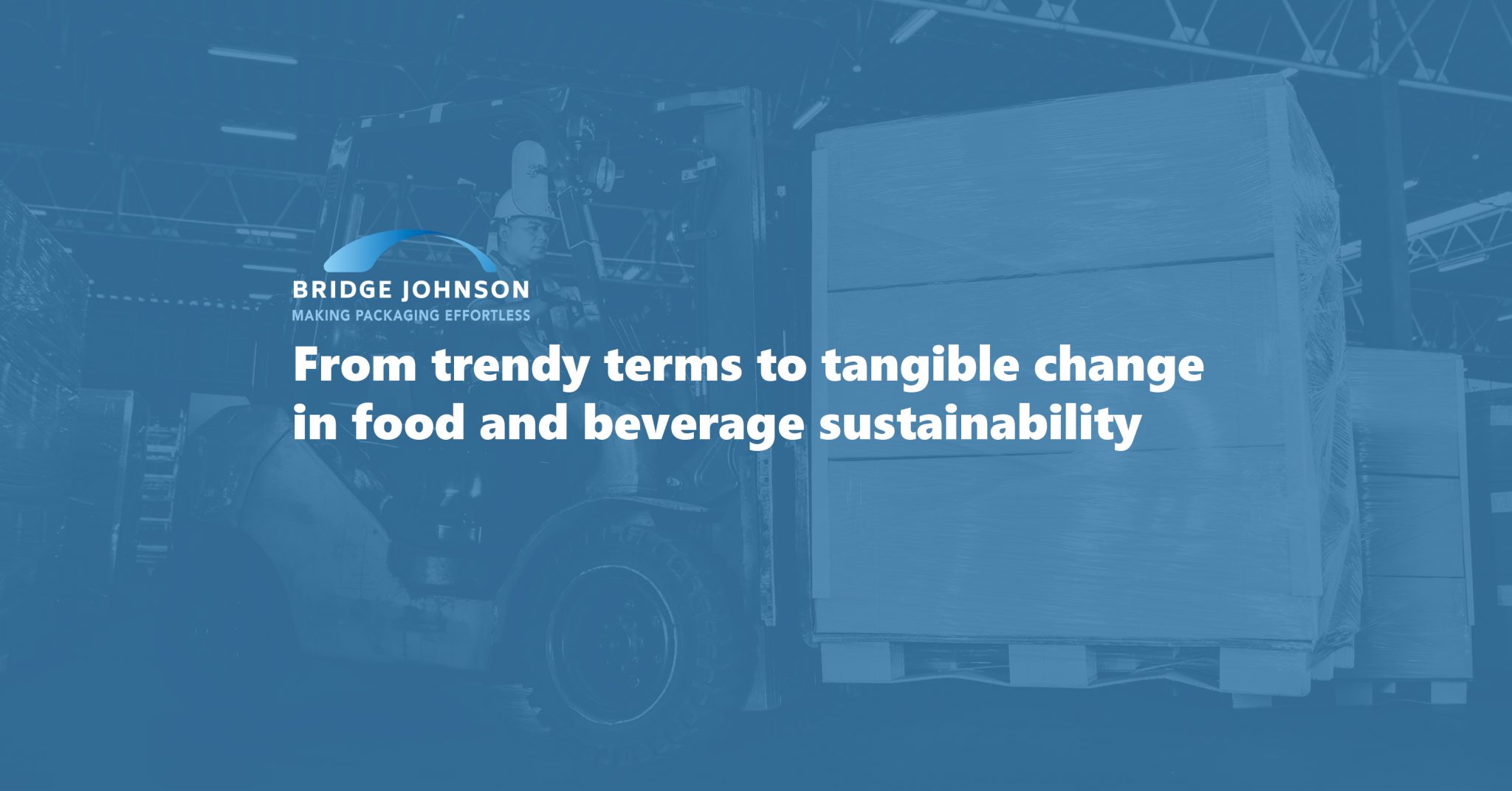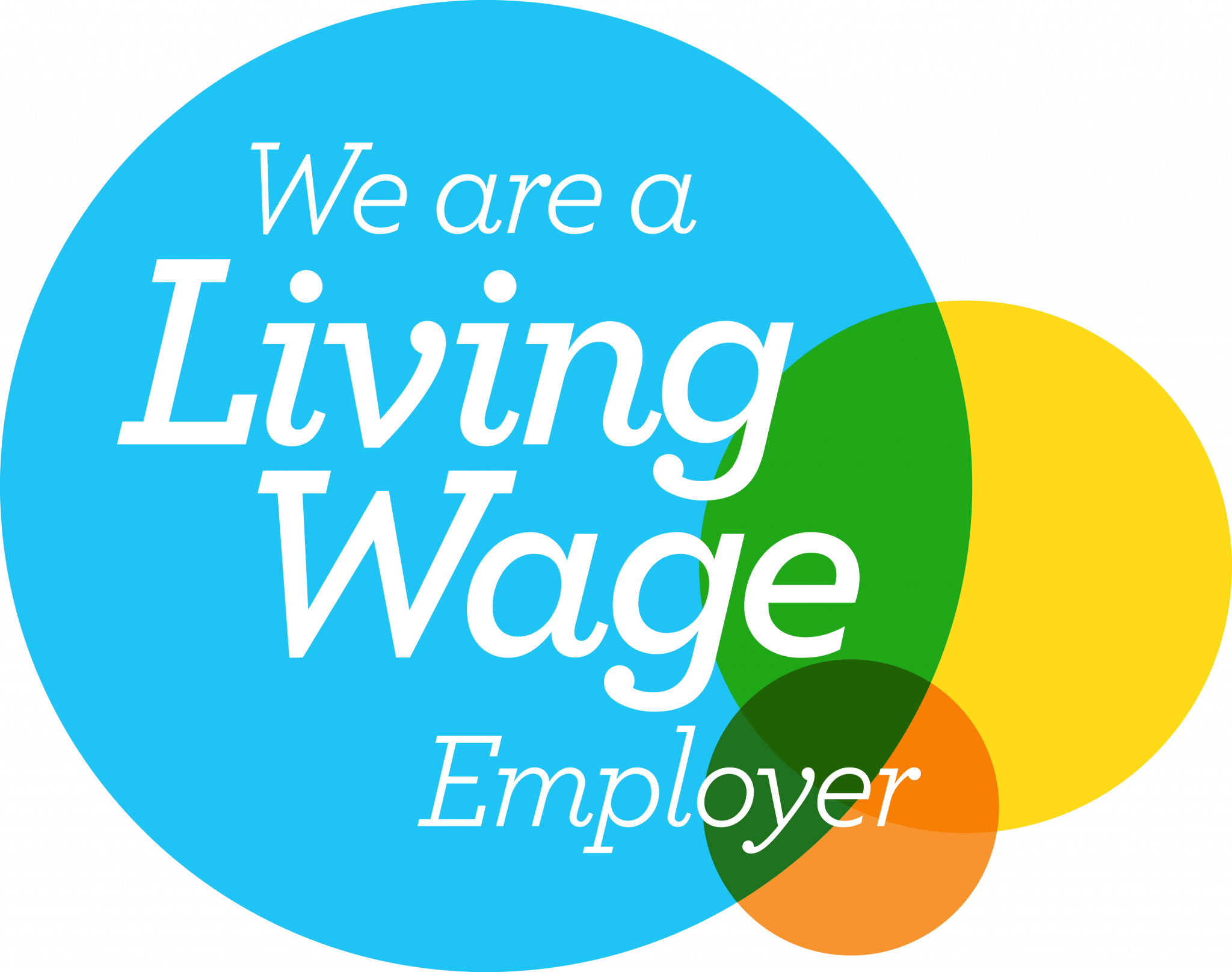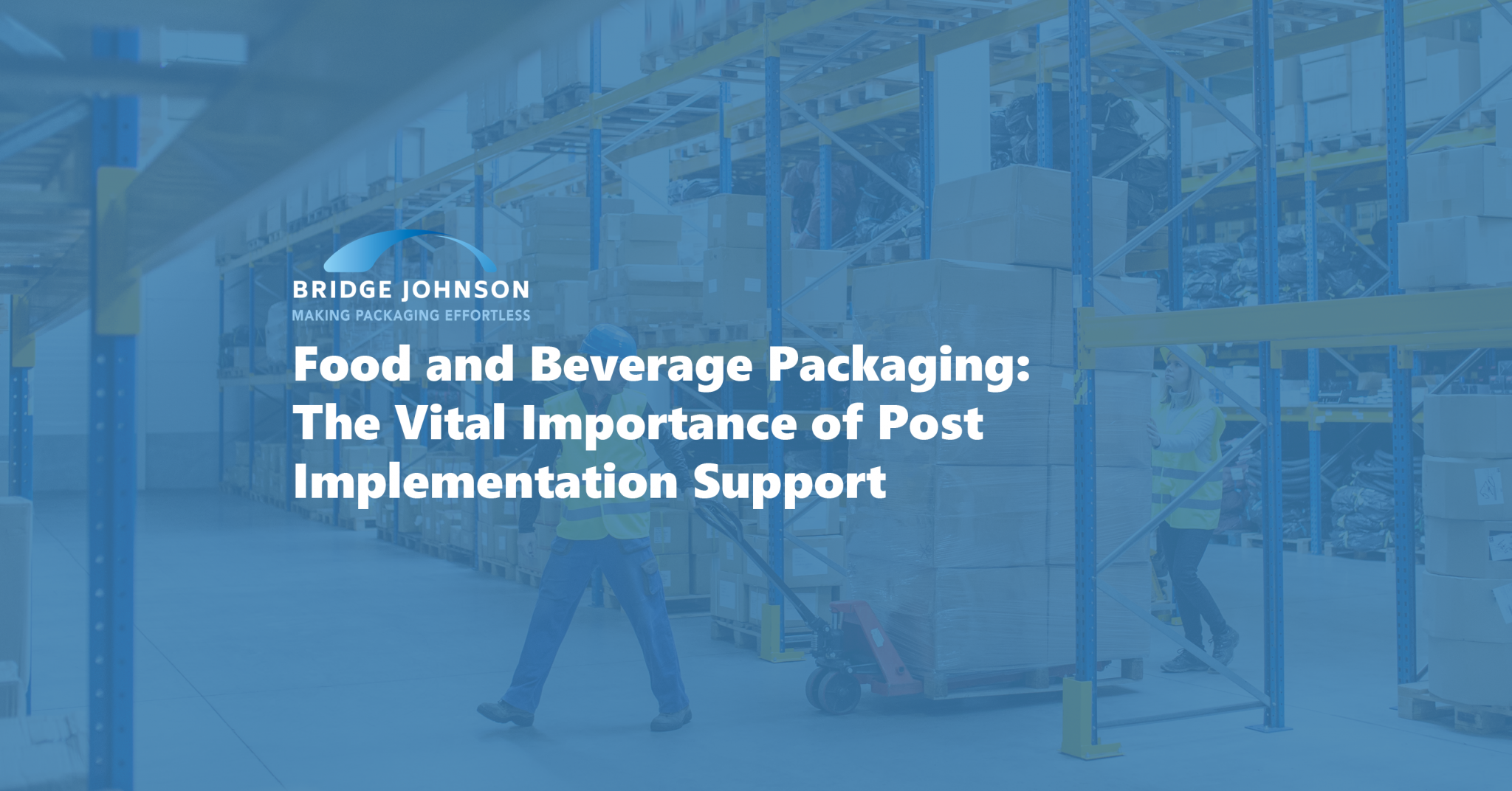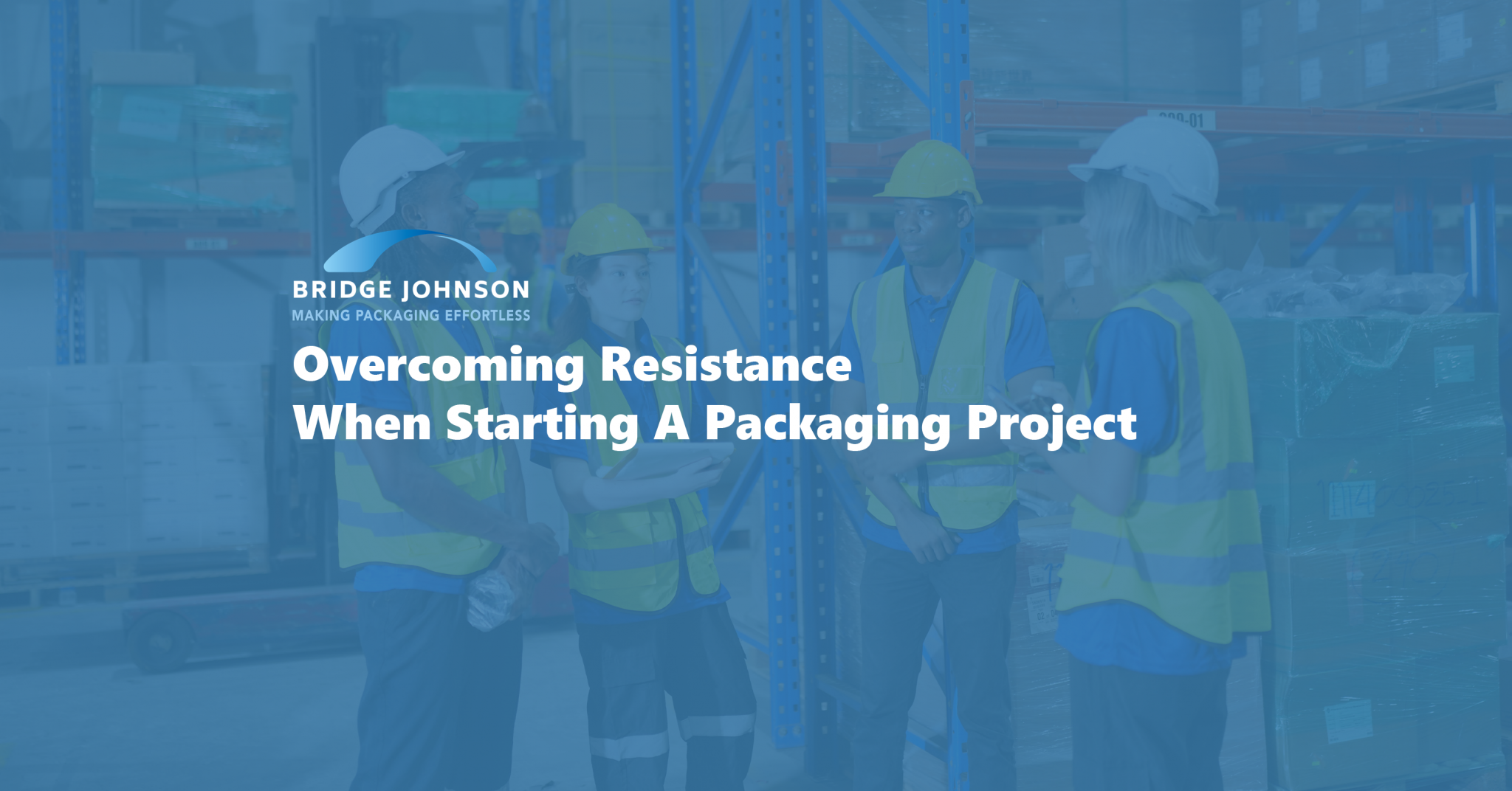Sustainability in the food and beverage industry has undergone a remarkable evolution. Five years ago, it was often tossed around as a trendy buzzword, more a matter of corporate image than environmental impact. However, as awareness grew, so did the depth of understanding and commitment.
Today, the players in the industry are not just using ‘sustainable’ as a label to notch up brownie points for their brand, but are actively engaging in informed, impactful practices, with a more collaborative and accountable scope than before. This shift from superficial solutions to substantive strategies marks a significant change in how sustainability is viewed and implemented in the sector.
Early Perceptions of Sustainability
Initially, the concept of sustainability in the food and beverage industry was somewhat misunderstood. A prime example was requests we regularly received for items like ‘biodegradable palletwrap’, which, while well-intentioned, showed a definite lack of understanding of the basic principles of recycling, carbon-counting and material re-use.
This early stage was characterised by a focus on single-use solutions and a general perception that anything which reduced the visible use of ‘plastic’ could be counted a sustainability achievement.
Companies were keen to adopt what seemed like eco-friendly practices, but often these choices were more about optics than actual environmental benefits. The industry, at this point, was navigating through a fog of green jargon, with little guidance on what truly constituted sustainable practices.
Shift Towards Informed Sustainability
In the last 2-3 years, there has been a significant shift. Food and drink manufacturers began to scrutinise their sustainability practices more critically. This was a period of awakening, marked by probing questions such as about the efficiency of recycled-content plastic materials that increased in popularity with the introduction of the UK’s Plastic Packaging Tax.
The industry started to understand that choosing recycled materials was not always the most sustainable option, especially if it led to higher carbon outputs. This critical self-evaluation marked a turning point for many of our clients.
At this stage, we saw a marked increase in even those Food & Beverage Producers who were not pioneering sustainable practises, beginning to look beyond the surface and evaluate the entire lifecycle of their products and processes, fostering a more wholistic view of sustainability.
Challenges and Industry Evolution
Adopting true sustainability strategies was not without its challenges. The industry had to grapple with the reality that some of the ‘quick wins’, which appeared sustainable, had little to no quantifiable environmental impact. This realisation led to a revaluation of what it means to be truly sustainable.
The focus shifted from merely adopting so-called ‘eco-friendly’ materials to optimising processes and evaluating the overall carbon count of different items over a life-cycle.
This evolution required a deeper understanding of environmental science and a commitment to continuous improvement, marking a significant departure from earlier, more simplistic approaches.
Current Trends and Conversations
Today, the conversation around sustainability in the food and beverage industry is much more sophisticated. Discussions now revolve around Science-Based Targets Initiatives (SBTIs), carbon impact assessments, and comprehensive life cycle analyses. This level of discourse indicates a matured understanding of sustainability, one that is nuanced and data-driven.
Notably, this awareness is not confined to the upper echelons of management; it has permeated to all levels of organisations. Our team of Trial and Implementation specialists have noticed that our clients’ Production-line workers are now conversant with their companies’ net-zero goals, which is a testament to the widespread institutional commitment to sustainability.
Practical Steps Towards Sustainability
Achieving sustainability in the food and beverage industry is not just about grand gestures; it’s also about practical, everyday decisions.
A key area of focus is transit packaging. By optimising packaging strategies, companies can significantly reduce their environmental impact. This involves considering factors like material selection, packaging design, and supply chain logistics.
Companies should strive to use materials that are both recyclable and derived from sustainable sources, design packaging that minimises waste, and streamline logistics to reduce carbon emissions. By taking these steps, businesses can make substantial progress toward their sustainability goals.
As the industry continues to evolve, it’s crucial for businesses to remain committed to learning, adapting, and innovating. Whether you’re just starting or are already at the forefront of sustainable practices, there’s always room to grow and improve. The path to sustainability is a continuous one, and every step taken is a step towards a healthier planet.
For more detailed guidance and innovative solutions, food and beverage manufacturers can explore resources available at Bridge Johnson. With expert advice and industry-leading practices, Bridge Johnson helps companies at every stage of their sustainability journey to make informed, impactful decisions.








